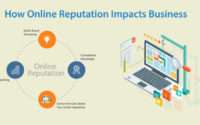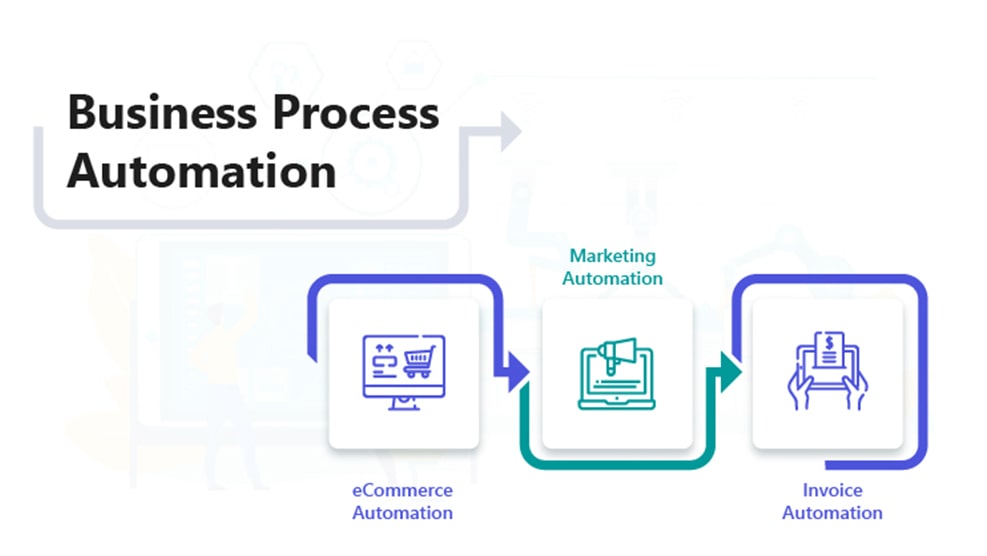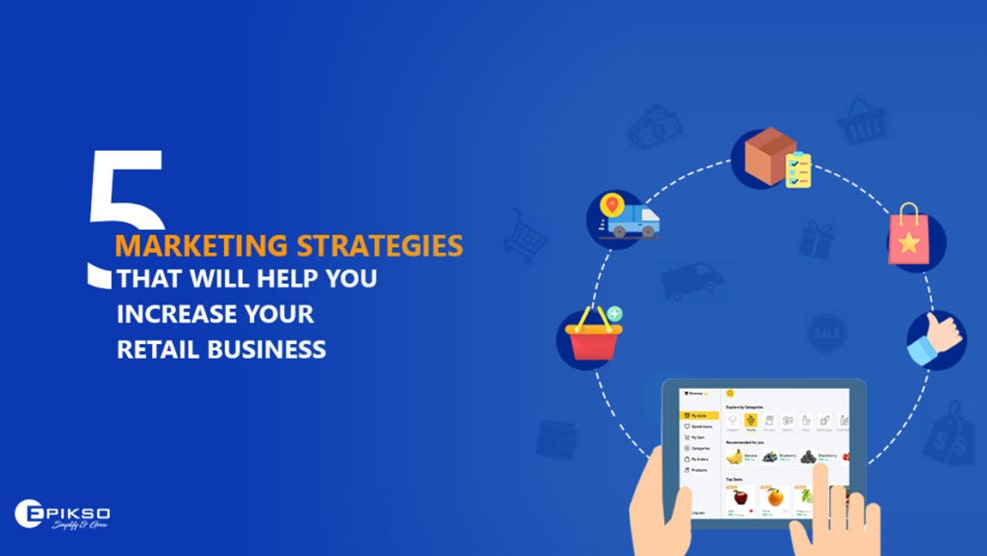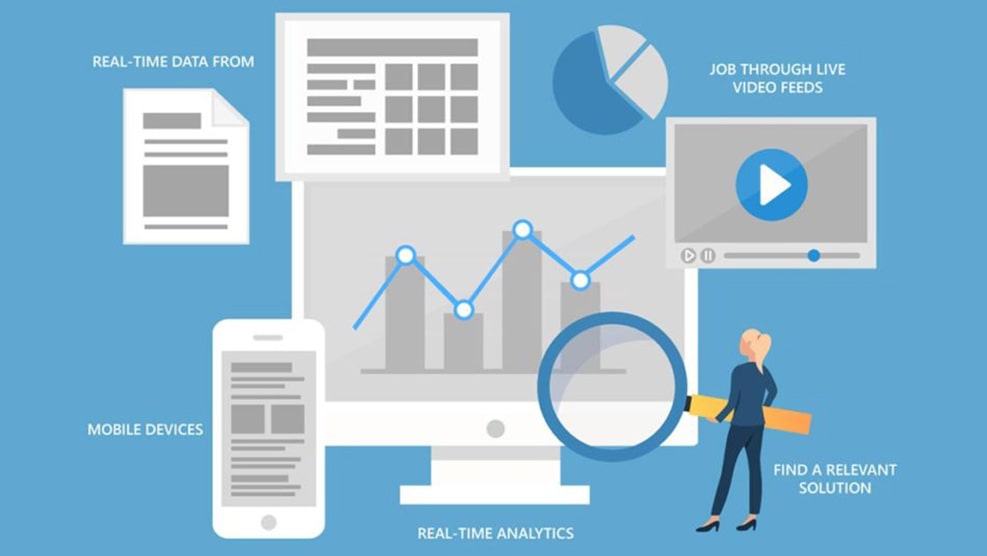Do You Really Need a Marketing Automation System?
If you are planning on marketing in the 2020s, then the answer is “Yes.” Marketing automation is a must-have for all modern-day marketing platforms! You are going to need this technology. The earlier you start, the faster you start getting results.
Marketing Automation is a next-generation technology that automates all your marketing processes and multi-functional campaigns across channels-including (but not limited to) email, text messages, websites, and social media-to generate sales and leads. Tools of this type are used by marketing departments to reduce redundancy, improve staff workflows, and increase overall efficiency.
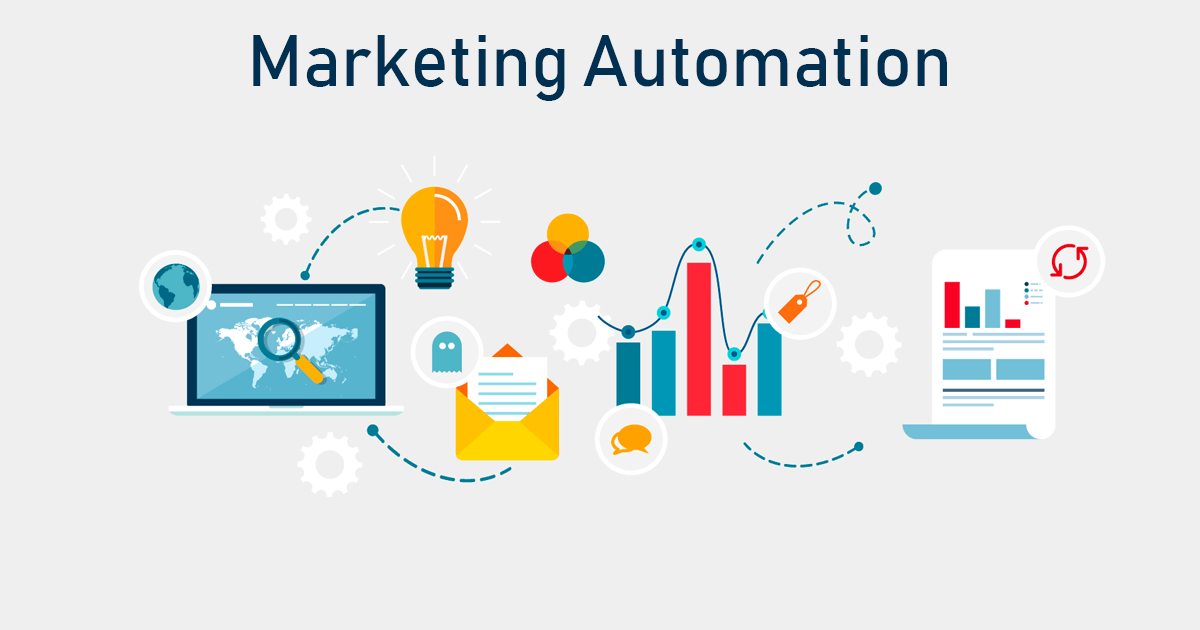
Marketing automation has the ability to transform an underperforming marketing team into a diversely effective powerhouse. When strategic planning is introduced to this approach, you can garner customer attention and stimulate action.
A major challenge that organizations face is how to out perform their competitors and achieve better results. You can attain success much more easily when you have the right tools available at the right times.
In 2019, three-quarters of companies (75%) said they were using marketing automation tools, per Social Media Today. These tools are popular, in part, because they can boost revenue: per, Forbes, 82% of marketers listed adoption of marketing automation as a major reason behind their positive ROI and increased efficiency.
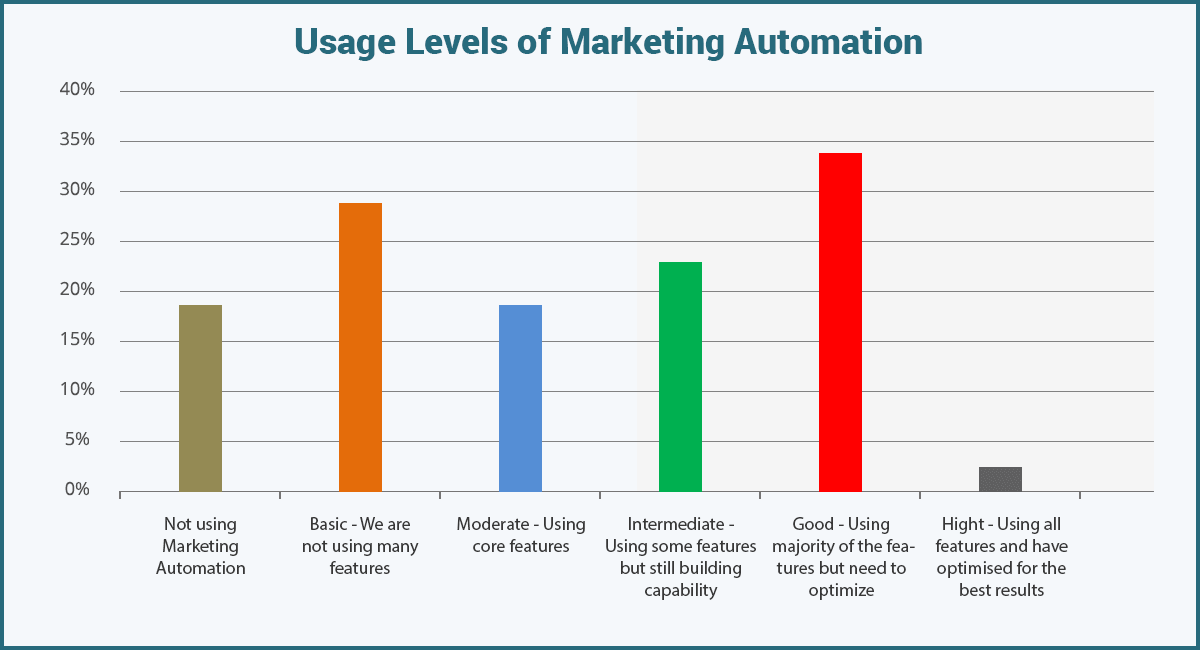
Many businesses are stuck in the rat race of attracting customers. On the other hand, leading-edge firms that are heavily using artificial intelligence (AI), software as a service (SaaS), and marketing automation techniques say the outcomes are strongly positive. These organizations report high financial impact, qualified leads turning into acquisitions and sales, and improved customer retention.
It is helpful to know that marketing automation is not a technology you can install, train, and forget. Instead, it is a dynamic, continual process that propels the business in a more effective, efficient, and sales-driven direction.
Automation helps small and growing businesses with many functions, extending beyond marketing to sales, business development, finance, operations, logistics, and production. Marketing is its own challenge, though. Let’s take a look at some popular tools that could change the course of your small business and take you to new heights.
Ontraport: Ontraport combines your marketing assets and creates a fully integrated campaign to guide your leads and customers through a systematic process cycle, in -sync with your brand. Based on behavior patterns and interests, this tool initiates targeted campaigns composed of various techniques, generating optimal revenue and a rich user data-base.
Marketo:Â Marketo is one of the top marketing automation platforms, offering lead-based marketing, digital ads, social, mobile, web, email, and a plethora of other marketing solutions. Marketo aims to help small businesses while building a healthy, long-lasting relationships with their customers. It leverages a cloud based infrastructure that is capable of handling a huge number of requests, directly improving customer satisfaction and business prosperity.
SharpSpring: SharpSpring is another leading marketing automation platforms. It is designed to grow business exponentially. With SharpSpring Open API and Zapier integration, the tool is seamlessly connected to several third-party software providers, greatly enhancing its usability. SharpSpring automates drip email campaigns to continuously engage leads and notifies the sales team when the leads are ready to purchase.
HubSpot: When it comes to inbound marketing, HubSpot is a technology hero. The company also offers a free CRM to manage your pipeline, with total visibility and a clean dashboard. HubSpot also generates purchasing highlights, using compiled data about the sales produced by every marketing campaign you initiate. Below are some of its key functions:
- Send personalized email sequences
- Create and measure the success of email templates
- Get real-time notifications
- Enrich contact records automatically
- Place calls directly from the CRM
- Book more meetings.
Oracle Eloqua: Oracle Eloqua is a marketing automation tool that generates hassle- free, result-driven email marketing and engagement through efficient lead magnets. Eloqua was recognized as a top CRM lead management solution in Gartner’s Magic Quadrant, receiving the highest score in lead nurturing and data management. The tool was also ranked close to the top in product roadmapping, strategizing, innovation, and global deployments.
Delivra: Delivra is a deeply featured email-building interface that uses your customer database from multiple channels for custom, and unique campaigns. It sends email to the right people and at the right time. The
software goes through your store to identify unattended shopping carts and directly sends an email based upon the customer’s history. Delivra integrates the marketing efforts of small businesses with their stores and reengages customers to maximize retention.
Having considered apps and integrations, we can now assess trends that will define the future of marketing automation and will make your journey more meaningful. Let’s take a closer look at some of them:
Testing and experimentation in marketing automation systems

In the initial days of traditional marketing, the costs of trial-and-error, experimental methods were far higher than they are now. Today, specialized marketing automation and testing tools allow businesses to invest in new, unproven strategies, giving them ongoing insights to continually (and rapidly) optimize their web-sites and campaigns.
The testing enabled by these technologies is a key factor driving expansion of the marketing automation industry. Small marketers who are adopting these leading-edge tools are achieving sustainable results and cultivating fearless cultures of innovation. The future belongs to those who embrace change and act on data-derived ideas with conviction. After all, risk-taking now involves less risk, since we can diligently analyze and test, leading to smart and stable innovation.
The impact of artificial intelligence on MAPs

One of the biggest trends in marketing automation platforms (MAPs) we will witness this year will be artificial intelligence (AI), which will in turn give rise to several other trends. Due to the increasing affinity of marketers for this technology, AI will fuel development of related capabilities, including machine-based understanding and machine-based decision-making. This increasingly broadened, more sophisticated toolset will further enhance personalization potential.
The personalization capacity will elevate the email marketing system to the next level, by shifting from just changing the first name greeting in marketing messages to a much more dynamic messaging system. This advancement, driven according to specific individual interests, will result in more accurately targeted delivery by AI. Marketers will be able to build huge audience segments and incorporate machine-driven segmentation into their automation approaches.
The role of chatbots in the future
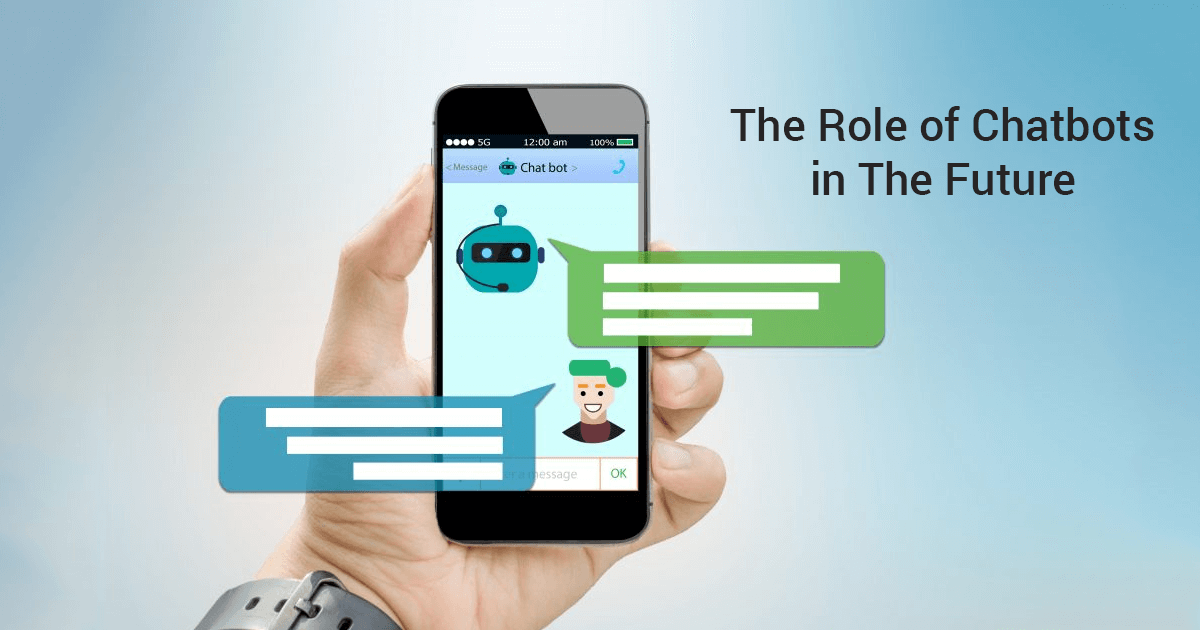
AI- enabled chatbots will emerge as the main channel for customer education and lead generation. Natural language processing (NLP) and rich data collection will make these bots a more intelligent and focused resource with which to inform leads. They also will be able to analyze quickly changing scenarios based on up-to-the-moment knowledge-base data on each resource and customer, at every relevant stage of the process funnel. Plus, advanced integration will enable these bots to pass information to other automation tools and throughout the full technology stack.
The beginning of augmented reality content
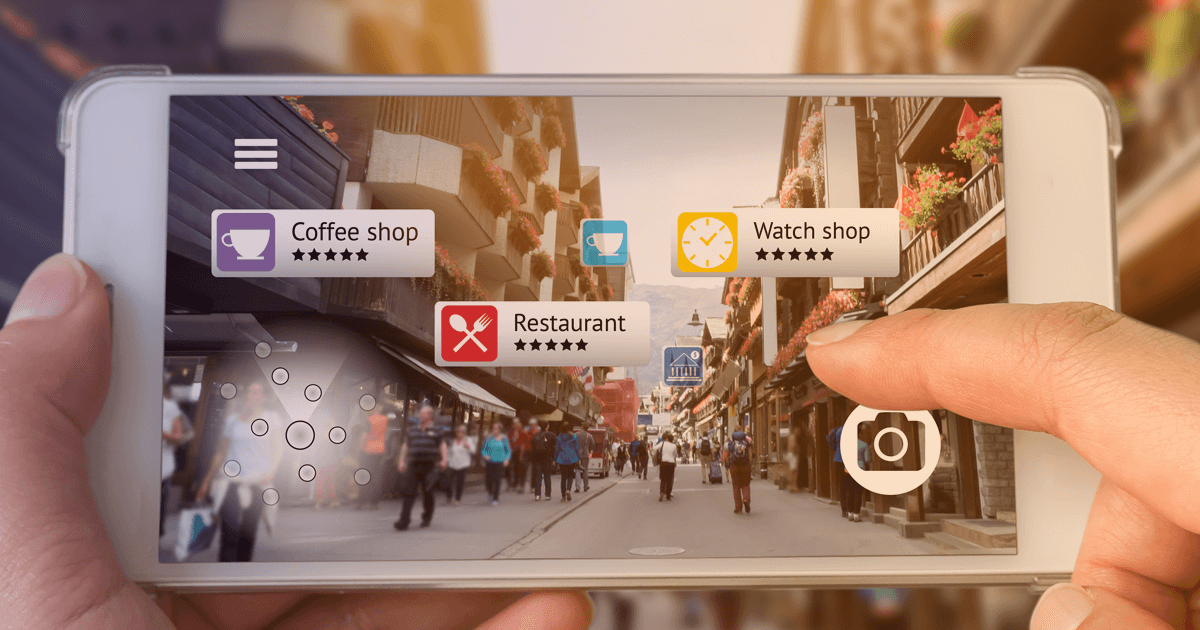
As with AI, a big advantages of augmented reality marketing will be personalization: customers will be free to upload their own content to create media that will be marketed specifically to them. With the latest Android and iOS devices optimized for augmented reality, these technology giants will be crafting new approaches, bolstering the augmented reality experience.
Resurgence of permission marketing

Governments and consumers are treating leakage of personal information with utmost concern due to new laws, rules, and regulations regarding data privacy. These emergent compliance requirements are behind the resurgence of
permission marketing.
Earning the trust of the audience is mandatory with these new data laws that outlaw spam and unauthorized data acquisition. To adhere to these laws, marketers must be transparent, authentic, and get customer approval for any data collection.
Results from implementation of
marketing automation systems
typically become evident within 30 days, as the company starts to see sales rise. Adoption of these technologies should not feel like a hassle because it represents progress toward your revenue goals. As soon as the automation system is installed, leadership should be prepared to handle the changes and empower employees to leverage these tools strategically.
Want help to proceed? Marketing automation is one of our core areas of expertise. For in-depth analysis and guidance, email contact@epikso.com or book an appointment today.





